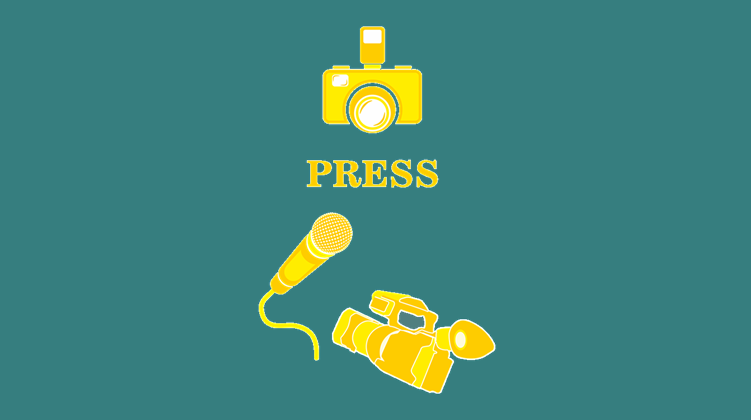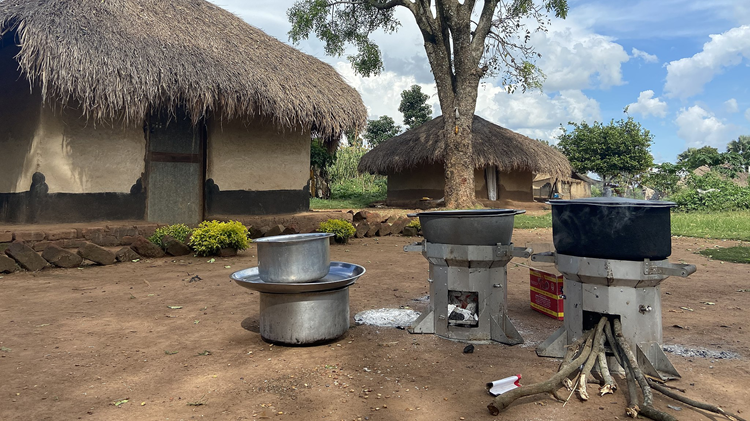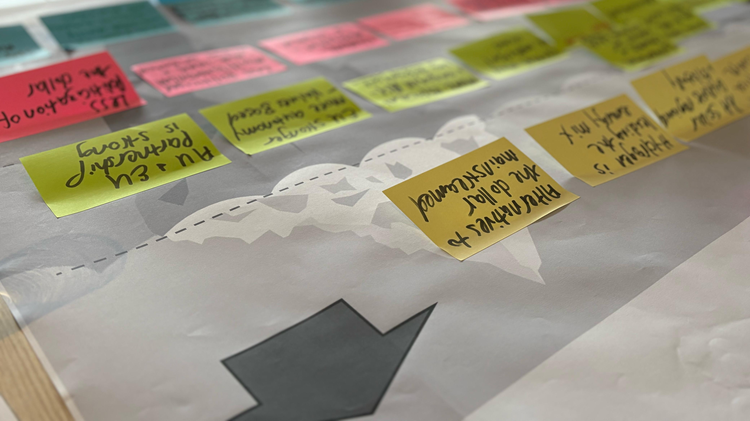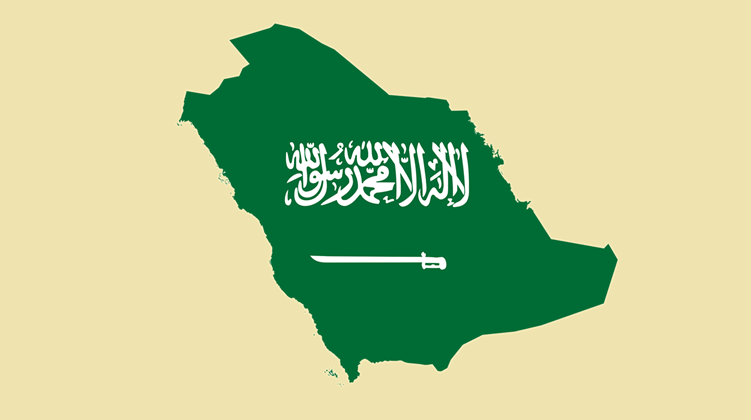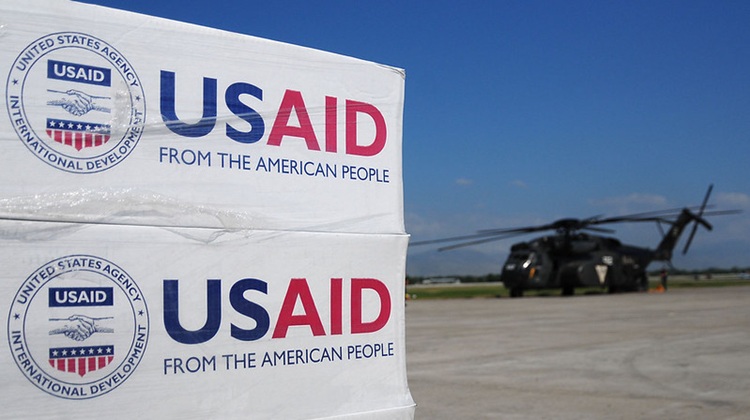The toll of USAID cuts on Africa

The Trump aid cut could push 5.7 million more Africans into extreme poverty next year
Since returning to the presidency in January 2025, US President Donald Trump has signed more than 50 executive orders, which can only be considered an assault on the rule of law and separation of powers in the United States, an attack on his former Western allies, and on the liberal international order more generally. Most important for Africa is his move to gut US development assistance and walk back efforts to fight corruption.
Following the executive order on Reevaluating and Realigning United States Foreign Aid of 20 January 2025, USAID started distributing Notices of Suspension, instructing recipients to stop working on awards and not incur any new costs. Subsequently, emergency food assistance and administrative expenses necessary to administer such assistance were exempted by a 90-day waiver, as was life-saving humanitarian assistance to several countries, including the Central African Republic (CAR), Chad, South Sudan, DR Congo, Uganda and Rwanda.
Most important for Africa is Trump’s move to gut US development assistance and walk back efforts to fight corruption
In line with the Republican Party’s war on diversity, equity and inclusion (DEI), all activities related to abortions, family planning, gender or “DEI ideology programs”, transgender surgeries and other non-life saving assistance are specifically excluded from the waiver.
The effect on Africa is particularly large since spending on health is the largest component of US aid to Africa. Projects that affect HIV/AIDS prevention and treatment are readily categorised as part of support for family planning, which has been under attack by successive Republican administrations for several decades. Other funding from the US supports agricultural productivity and economic growth, bolsters security, promotes democracy, human rights and governance, and improves access to quality education and social services. All of this is now under threat.
For all its detractors, aid remains important for many poor African countries. In 2023, total overseas development assistance (ODA) from OECD countries to Africa amounted to US$59.7 bn. Since the US provides more than a quarter of all development assistance to the region, modelling using the International Futures forecasting platform (University of Denver) finds that 5.7 million more Africans would fall below the US$2.15 extreme poverty income level in the next year should the Trump administration succeed in its aid-reduction ambition. By 2030, as a result, a cumulative total of almost 19 million more Africans would be considered extremely poor when compared with a business-as-usual scenario. The numbers differ by country, of course, with the Democratic Republic of the Congo, Ethiopia, Somalia, Niger, Uganda and Tanzania being most affected given their large populations.
By 2030, the economy of sub-Saharan Africa will also be US$4.6 billion smaller.
Given its outsized role in the provision of humanitarian assistance (the US is the largest provider globally), mortality amongst internally displaced and refugee populations will increase dramatically.
To understand the reasons for these alarming numbers one must recognise the huge role played by aid from the US. Once support provided through regional and international financial institutions and multilateral bodies such as UN agencies is included, the US provides up to 26% of all aid that comes to Africa. That would include multi-country initiatives such as the US President’s Emergency Plan for AIDS Relief (PEPFAR), the President’s Malaria Initiative, Feed the Future, Prosper Africa, and Power Africa.
In the scenario that is modelled for this blog, aid to Africa is reduced by 20% (compared to the estimate of 26% aid provided by the US) on the assumption that some aid will survive the cuts - but the impact is still massive given the enormous spread of US assistance. All African countries except Eritrea received aid from the US in 2023. Ethiopia was the largest recipient of USAID funds, receiving more than US$1.7 bn. Other large recipients of economic development support from USAID were Somalia, the Democratic Republic of the Congo (DR Congo), Nigeria, Kenya, South Sudan, Uganda, Mozambique, Tanzania, South Africa, Zambia and Malawi, each of which received more than US$400 million in 2023.
Exasperated by the apparent limited effects of aid, and concerns about corruption and dependency, most donors argue for trade, not aid, and push for private-sector engagement as an alternative. The problem, as we point out in some of our work, is that foreign direct investment does not come to low-income countries that generally also trade little. We tested the argument again for this blog by modelling the extent to which increased FDI of the same volume can offset the impact of the aid reduction but found no evidence. In fact, for most poor countries more FDI tends to increase inequality and poverty in the short and medium term given the benefits that accrue to skilled rather than low-skilled labour. Eventually, things change but it takes a long time and requires a suite of policies.
In the meanwhile, USAID has started laying off most of its employees, paused much of its funding, and moved the remainder into the State Department. USAID staff posted overseas have been given 30 days to return to the US. After that, they would have to cover their own expenses.
Trump and Elon Musk want to reduce the USAID staff complement to only 300 which would mean that USAID would only be able to administer a very small number of projects and disbursements even if it were to bring many former employees back as consultants to manage the subsequent administrative nightmare.
A number of Trump’s executive orders have been challenged in court and several are unlikely to withstand judicial scrutiny, including that on USAID since the agency was established by an act of Congress and is now being dismantled by Presidential decree. In fact, last week a US federal judge issued a temporary restraining order challenging Trump’s executive order only for that to be overturned by a federal judge allowing the administration to continue removing USAID staff.
The US is not the only country cutting back on aid, but the speed and size are unprecedented. Domestic budgetary pressures have led other key donors, like Germany, the second-largest provider of ODA in absolute terms, to cut more than €4.8 billion (US$5.3 billion) in development and humanitarian assistance between 2022 and 2025 with prospects of additional reductions to follow. Similarly, France reduced its 2024–2025 ODA budget by more than US$1 billion, while the United Kingdom cut more than US$900 million after almost £1 billion (US$1.28 billion) was diverted to housing asylum-seekers in the country.
Compared to these more gradual reductions, which are themselves hugely problematic, the deep and hurried cuts in US development aid to Africa will seriously damage attitudes toward the US, increase poverty, and reduce economic growth. China may cheer at the damage the US is doing to its standing in Africa, but not Africans.
Instead of dismantling USAID, the Trump administration would have been much better served by aggressively implementing the localisation strategy started by outgoing administrator Samantha Power. This strategy envisioned 25% of monies spent going to local organisations instead of on US consultants and other intermediaries. Only 9.6% was thus spent in 2023 pointing to the extent to which aid is indeed in need of reform.
While Washington rethinks its approach, African governments and institutions must recalibrate
While Washington rethinks its approach, African governments and institutions must also recalibrate. Strengthening domestic revenue collection, simplifying and harmonising tax regimes, deepening ties with emerging donors, facilitating investment and reducing dependency on volatile commodity exports could help buffer against such geopolitical swings in the future.
Reforming aid should not mean abandoning it. If US policymakers truly seek to pursue their national interests and counter China in Africa, they must rethink their approach—before the damage becomes irreversible.
Image: nadjadonauer/Pixabay

